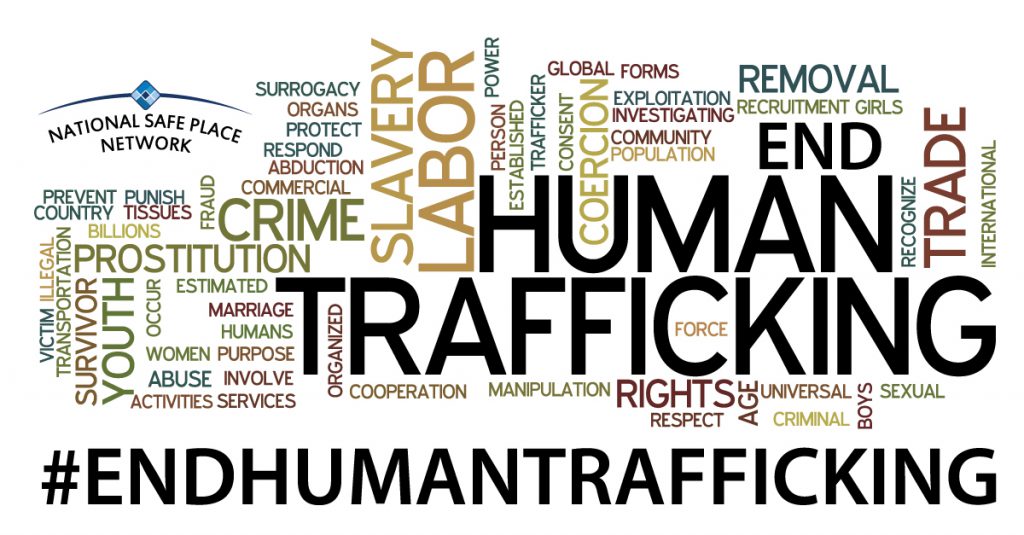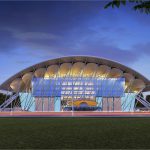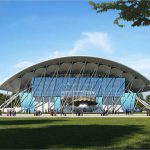Human Trafficking Prevention
Poverty, lack of social security, fascination of better lifestyle and ignorance of law, lack of governance are the reasons why poor people fall under the trap of human traffickers. Every year, 6-8 lakh women, men and children are trafficked through the international borders of Bangladesh. Usually, human trafficking is done for various unpaid jobs like prostitution, organ transplantation, working as a camel jockey in Arabian countries, forced labor at farms and households, etc. Socially and financially weak people are targeted by the human traffickers. The trafficking takes place through 20 points on the Bangladesh-India border in 16 districts in southwestern Bangladesh. The main route for this trafficking is Dhaka – Mumbai – Karachi – Dubai. People from both India and Bangladesh are involved in this web of human trafficking.
Dohazari – Cox’s Bazar railway line extends up to 103.50 kilometers. It is said that the construction of this railway will contribute to the socio-economic development of the people. With the development of communication system, people from different walks of life come together during construction and after construction. So along with development there remains the possibilities of risk. Especially, fear of getting infected with HIV / AIDS, fear of human trafficking, etc. The only way to get rid of it is through awareness and easy access to information regarding it. DCRP has been working on a priority basis to create awareness among construction workers and local people about HIV / AIDS and human trafficking from the very beginning of the project. So that the locale people / project beneficiaries are not harmed in any way during the construction of the project.

How human trafficking takes place?
Women, men, children of any age can be trafficked:
1. Through the temptation to work elsewhere (at home or abroad)
2. Through the temptation of false marriage in the hope of a better life
3. By selling the child’s advance labor in the hope that one will be able to eat with full stomach
4. By establishing immoral relationships with strangers
5. By establishing emotional relationships by providing unsolicited help
6. By displaying fear
Who is at risk of getting trafficked?
Socio-economically backward, weaker people and those who are greedy, ambitious, less hard working and want to get more in less time are usually in the clutches of traffickers, for example:
1. Children and women who stay away from family for work
2. Those who work at mental and physical health risks
3. Those away from family ties
4. Those who are getting addicted to the internet
5. Those who get involved in relationships without properly verifying
6. If a newborn is stolen
How to catch traffickers?
1. Raise public awareness about human trafficking in families, schools, places of worship
2. By playing an active role in creating awareness about human trafficking among the local people’s representatives
3. Notice the movements of strangers in the area of local representatives
4. Initiatives to play an active role in human trafficking through various activities including local newspapers, radio, TV channels so that every poor family in the society can assimilate the issue.
5. With the help of the administration, educational institutions should be made to play a role in creating mass awareness among the students and parents.
Steps that are already taken by the Government of Bangladesh:
The Government of Bangladesh under the leadership of the Ministry of Home Affairs is implementing the National Action Plan for Prevention and Suppression of Human Trafficking 2018-2022. The government has set up 7 human trafficking crime tribunals to expedite the trial of human trafficking cases. India and Bangladesh have signed the MoU for rescue, repatriation and rehabilitation of trafficked persons, especially women and children. The Prevention of Human Trafficking (2012) Act provides for the death penalty for traffickers or accomplices. In addition, life imprisonment or a minimum of 5 years’ imprisonment and a minimum fine of TK.50000 has been provided.
Take Services & Stay Safe
To get government services on trafficking of women and children or any form of torture and violence’s, The Emergency Contact Nos are as follows:
1. Call the Ministry of Women and Children Affairs at 109
2. Call the National Emergency at 999
3. Call National Legal Aid at 16430
4. Call the National Human Rights Commission at 16107
5. Call the Child Helpline at 109






